Nivea Created a Doll That Gets Sunburned to Teach Kids About the Importance of Sunscreen
Posted in: Uncategorized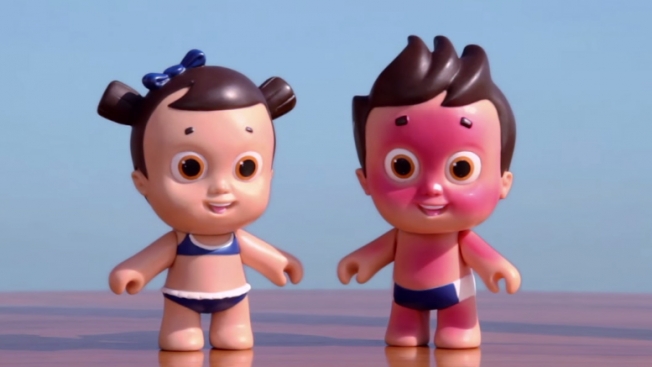
Short of letting a child experience the lingering pain of a sunburn, how can you really teach them the importance of wearing sunscreen?
Tell an overstimulated kid to wait 15 minutes for mounds of sunscreen to soak in before they can dive into the ocean and you’re basically asking for tears.
Nivea and FCB Brazil have come up with one solution for educating kids about the sun in a language they’re sure to understand: toys.
The Nivea Doll is made with UV-sensitive material and quickly turns lobster-red when exposed to harsh rays without sunscreen, just like your own skin eventually would if left unprotected.
If the child uses sunscreen on the doll, it will be protected from sunburn. If the doll’s already red, putting a dollop of Nivea on it will turn the skin back to its normal shade (not a perfect comparison to a real sunburn, which is far harder to undo, but it’s an effective illustration for kids).
“Protecting and caring is something we learn from an early age. This emotional bond is what this Nivea action offers,” Joanna Monteiro, creative vp at FCB Brazil, said in a statement. “Through the magic of technology, children can see the sun’s effect on the skin of the doll.”
Last year, Nivea’s “Protection Ad,” which helped moms keep track of their kids at the beach, won a Cannes Mobile Grand Prix.
CREDITS
Client: Nivea
Agency: FCB Brazil
Creative Vice Presidents: Joanna Monteiro, Max Geraldo
Creative Directors: Adriano Alarcon, Carlos Schleder
Digital Creative Director: Pedro Gravena
Art Directors: Ricardo Silveira, Rodrigo Leal Rodrigues, Victor Bustani
Copywriters: André Bittar, Giampetro Zanon, Marcelo Jun Sato
Art Buyers: Tina Castro, Daniel Gonçalves
Illustrations: Estúdio Ícone
Graphics Production : Diego Bischoff, Manoel Roque, Paulo Rogério de Oliveira
Media: Alexandre Ugadin, Sergio Broto, Rachid Antun
Technology: Gerson Lupatini, Marcio Bueno
Client Services: Mauro Silveira, Cristiane Pereira, Tania Muller, Mariana Mozzaquatro, Vitor Borragine
Planning: Raphael Barreto, Frederico Steinhoff, Alice Alcantara, Stephanie Day
RTV: Charles Nobili, Ricardo Magozo Magozo, André Fonseca
Production, Postproduction: Piloto; Equipe Satélite
Direction: Daniel Soro, Alexandre Chalabi, Paula Brandão
Client Services: Roberta Frederico, Natalia Souza, Ariane Esteves
Production Coordinators: Mariana Guerra, Fernanda Ragazzi
Postproduction Coordinator: Nayla Kols
Composition: Alessandro Gerace
Editing: Luiz Eduardo Doria, Rodrigo Resende, Abner Palma
Sound Production: Satélite Áudio
Conductors: Roberto Coelho, Kito Siqueira
Client Services: Fernanda Costa, Marina Castilho
Client Approval: Tatiana Ponce
![]()

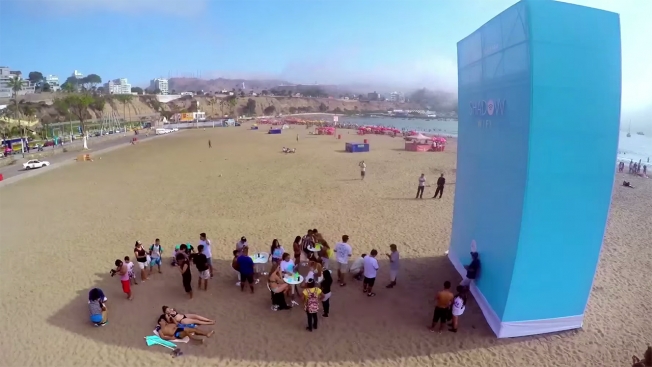
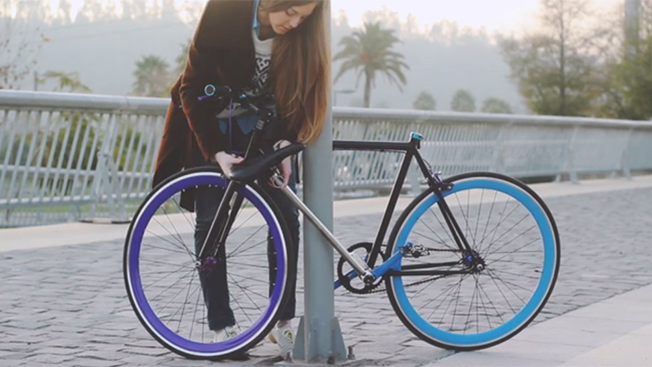
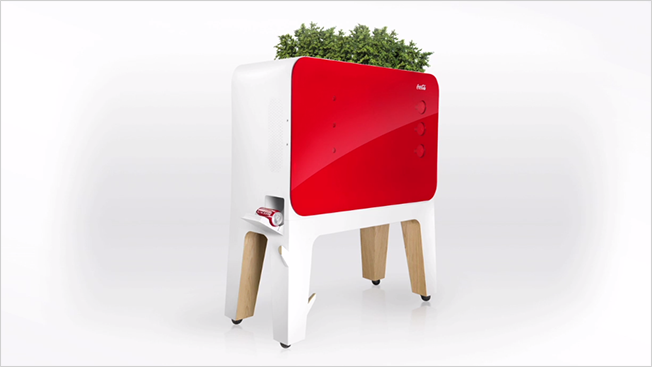
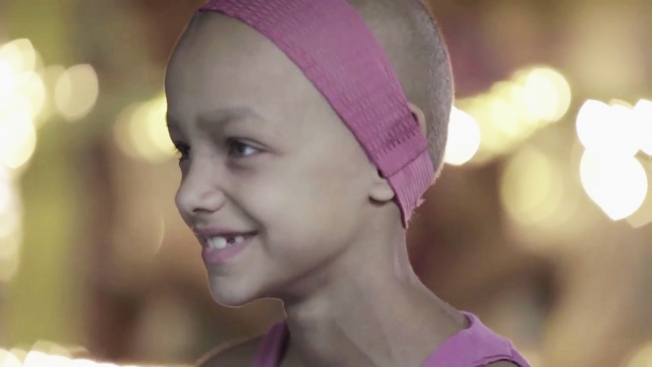





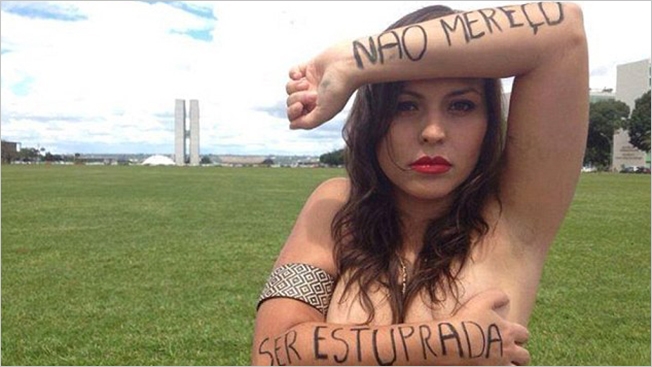





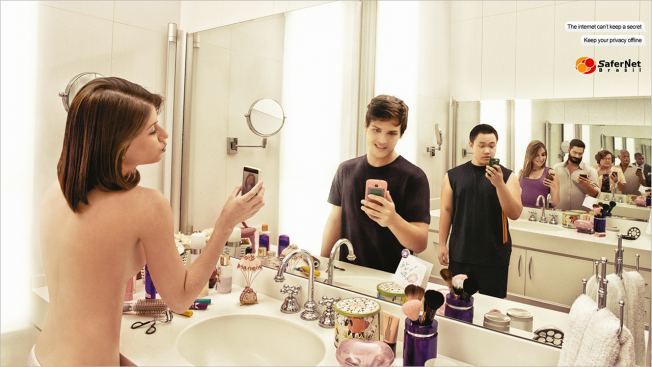
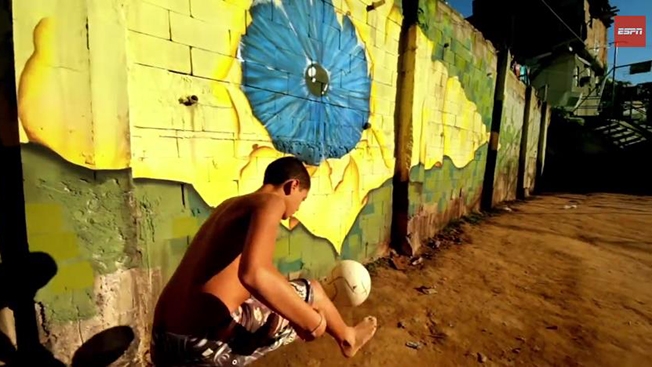

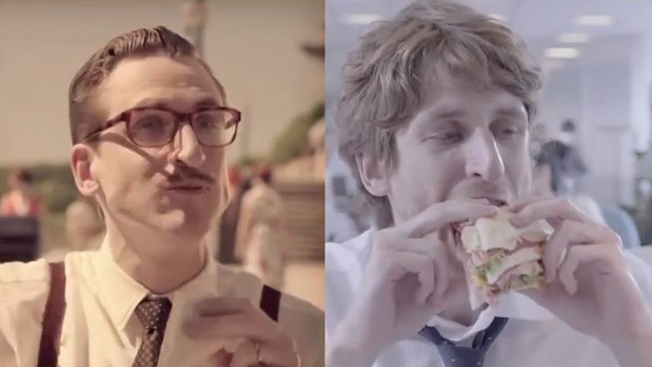
 Coca Cola, invented in the late 19th century and marketed as a “cure-all” for diseases like morphine addiction, dyspepsia, neurasthenia, headache, and impotence has come a long way in a century. A friend once told me that Coke’s special formula used cocaine. Which is true, although at the time I called him a “lying pooh-pooh head.” In fact, a single glass of Coke contained nine milligrams of blow. The nice thing? No crusty white boogers or mirror checks before going outside. ‘Cola’ was spawned from the Kola nut, which added caffeine to the mix. It’s a wonder Ritalin wasn’t invented sooner.
Coca Cola, invented in the late 19th century and marketed as a “cure-all” for diseases like morphine addiction, dyspepsia, neurasthenia, headache, and impotence has come a long way in a century. A friend once told me that Coke’s special formula used cocaine. Which is true, although at the time I called him a “lying pooh-pooh head.” In fact, a single glass of Coke contained nine milligrams of blow. The nice thing? No crusty white boogers or mirror checks before going outside. ‘Cola’ was spawned from the Kola nut, which added caffeine to the mix. It’s a wonder Ritalin wasn’t invented sooner.